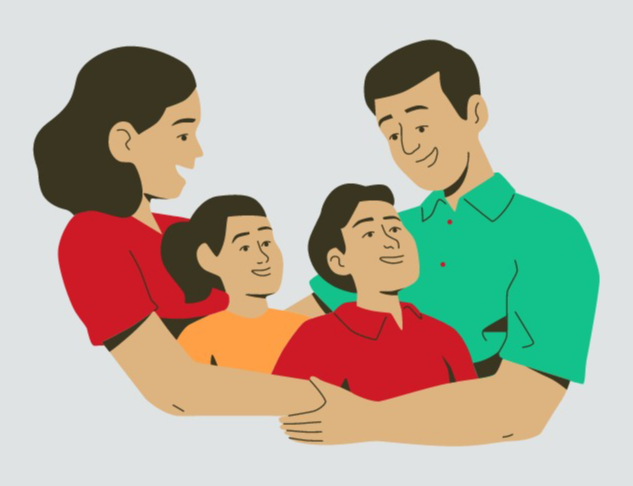
Sex After Children








According to the data collected, most participants in this study have two children with anaverage of 46.5%. The averages of participants with 1 child and 3 children are similar with respective averages of 25.7% and 23.1%. Then, only 4.2% of participants have 5 or more children.
This study first shows an average difference of 6.1 points between men and women. We note that more than 60% of women have a more affected sex life after having children (63.9), while less than 60% of men have an affected sex life (57.8%).
Regarding at the age of the participants, sex life changed after having a child for 78.9% of participants aged between 36 and 45. Participants aged 26-35, 56-65 and 46-55 have averages of 73.2%, 70.0% and 65.2% respectively and are therefore similar.
Sex life after having a child depends on the status of activity. According to this study, the participants most affected in their sexual life are workers with an average of 70.4%, while those least affected are retired with an average of 37.5%.
This study also shows that participants with a high level of study are those who have a sex life more affected after having a child. A difference of 15 points with participants with a post-secondary education level (66.1%) and a difference of 23.8 points with participants with a secondary education level (57.3%) are observed. Half of participants with a trade school education have a sex life change after having a child (50%).
Looking at marital status, more than 80% of divorced/separated participants have a sex life that has changed after having children (83.3%). On the other hand, the sexual life of married participants changed for 59.5% of them after having children.
Sex life after having a child is much more affected among participants who live in the Western with 78.6%, in the Southern Harbor with 78.2% and in the North with 74.1%. In Gozo and Comino, 59% of participants have a changed sex life after having children. The smallest averages are for participants who live in Northern Harbor (49.1%) and South Eastern region (48.2%).
69.5% of participants who had a satisfied sex life were those who saw the most change in their sex life after having a child. This is a difference of 51.3 compared to people who have an unsatisfactory sex life with 18.2%.
Finally, according to 56% of participants, the lack of time is the main reason for their change in sex life. For participants whose sex life did not change 2.9% said it improved, 4.8% were for other reasons whereas the other 92.4% said that it remained the same.
This study allows us to see the impact of having children on sex life according to socio demographic characteristics. Some international studies show the impact of having children on sexual behaviour.
For instance, a French study carried out in 2017 measured sexual satisfaction in 162 women after pregnancy. According to Aubry (2017), 26.4 of the participants have a more satisfying sex life after pregnancy while 34.4% of them are less satisfied.
Another French study carried out by IFOP (2022) shows that 8 out of 10 couples are satisfied with their sex life after having a child. It also reveals that 52% of women and 41% of men have less sexual intercourse than before the birth of their child.
Vranes et al., (2019) carried out a study with 113 women. The results showed that 28.2% of women had less desire for sex after birth, while 14.5% of them had more desire. The frequency of sexual relations decreased for 33.9% of women after having a child while it increased for 14.7% of them.
In their study involving 18 Australian women, Woolhouse and al., (2012) showed that significant changes in sexual experiences and intimacy can appear in women after pregnancy, childbirth and during parenting. The loss of libido, the change of view on sexuality and intimacy are the main factors of changes in sex life.
References
Institut D’Études Opinion et Marketing en France et a’ L’International. (2022, December 6). Enquête sur la vie sentimentale et sexuelle des jeunes parents. Accessed from: https://www.ifop.com/publication/enquete-sur-la-vie-sentimentale-et-sexuelle des-jeunes-parents/
Aubry Pauline (2017). La sexualité de la femme après un premier enfant. Gynécologie et obstétrique. (Masters Thesis, Université de Versailles Saint-Quentin-en-Yvelines. Accessed from: https://dumas.ccsd.cnrs.fr/dumas-01649378
Soljačić Vraneš, H., Djaković, I., Vraneš, H., Vrljičak, M., & Kraljević, Z. (2019). Changes in Sex Life after Childbirth. Psychiatria Danubina, 31(suppl 5), 847-850.
Woolhouse, H., McDonald, E., & Brown, S. (2012). Women’s experiences of sex and intimacy after childbirth: Making the adjustment to motherhood. Journal of Psychosomatic Obstetrics &
Share the knowledge!

